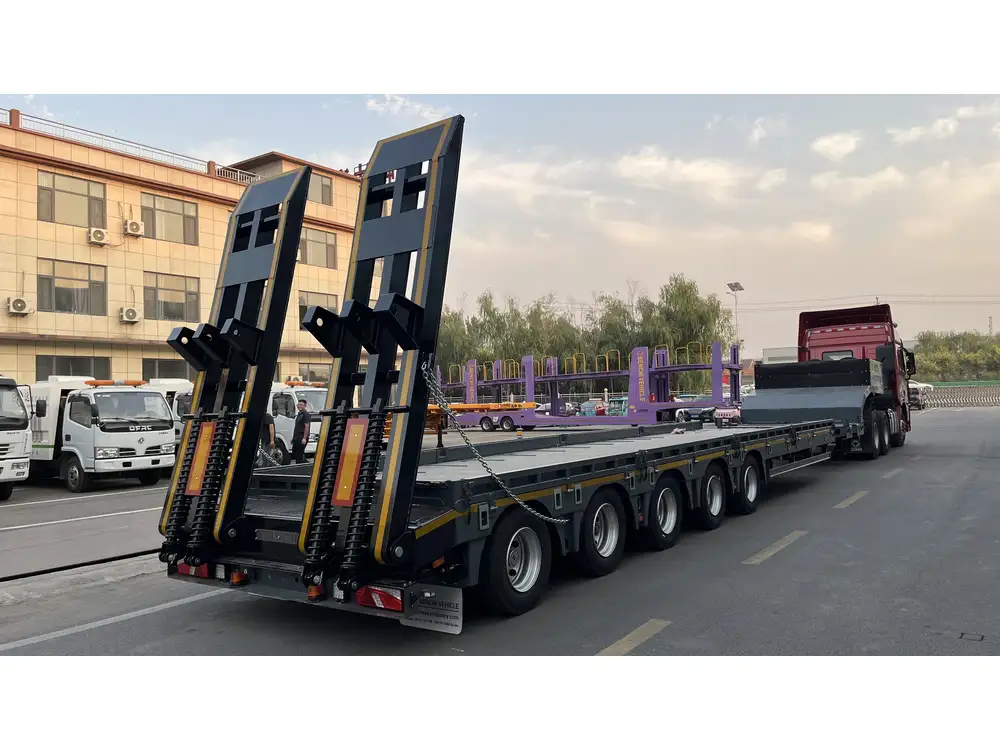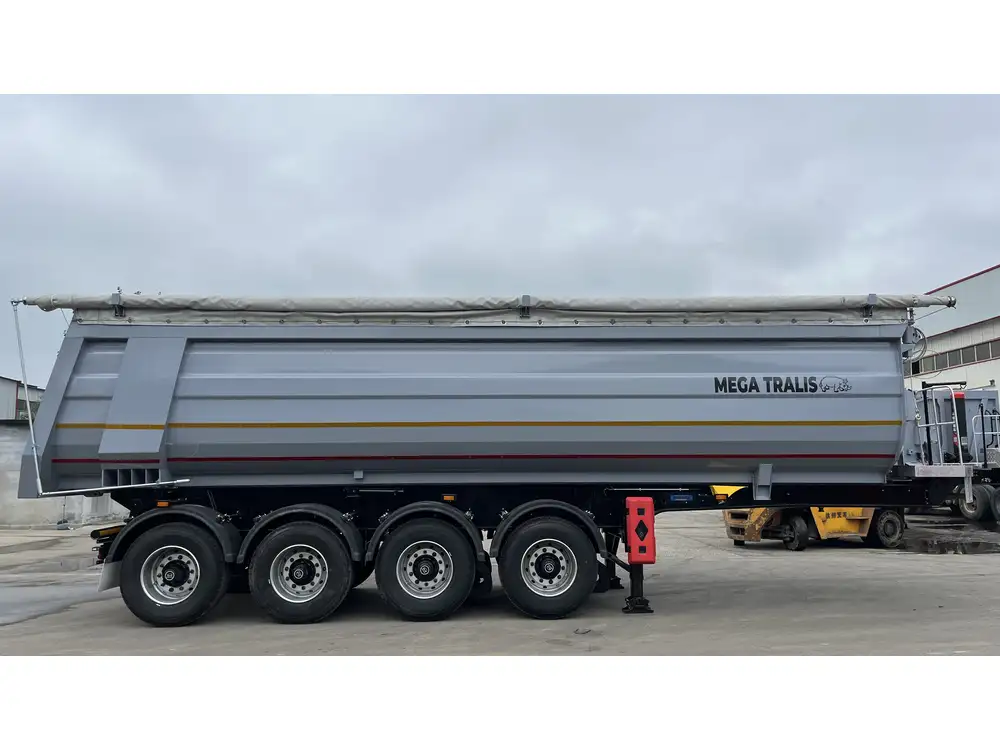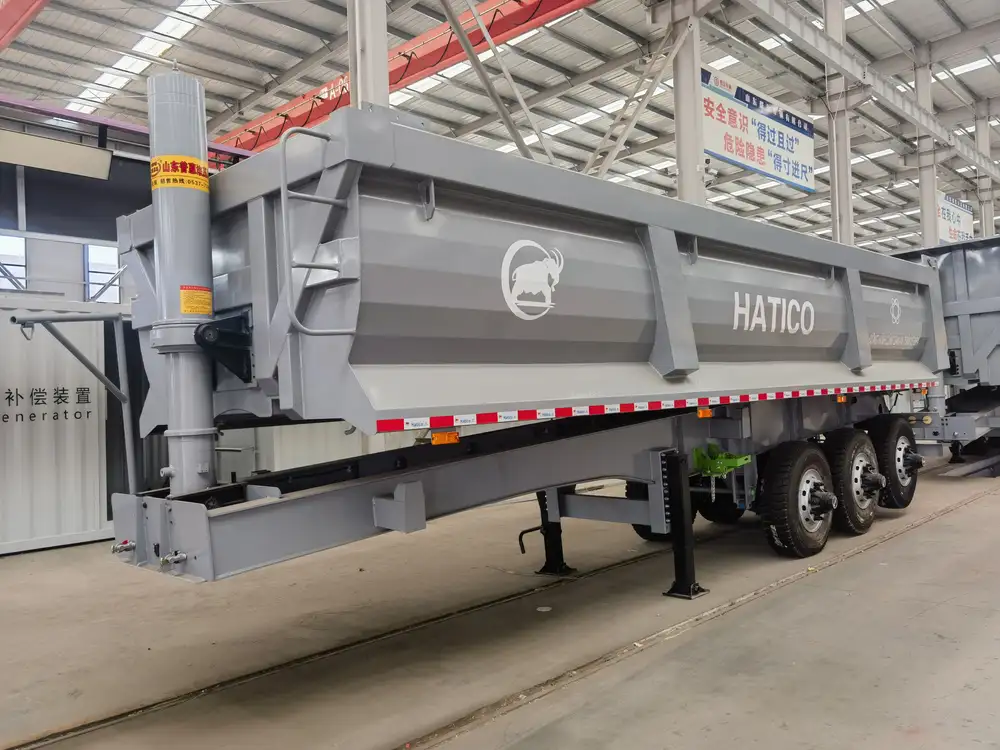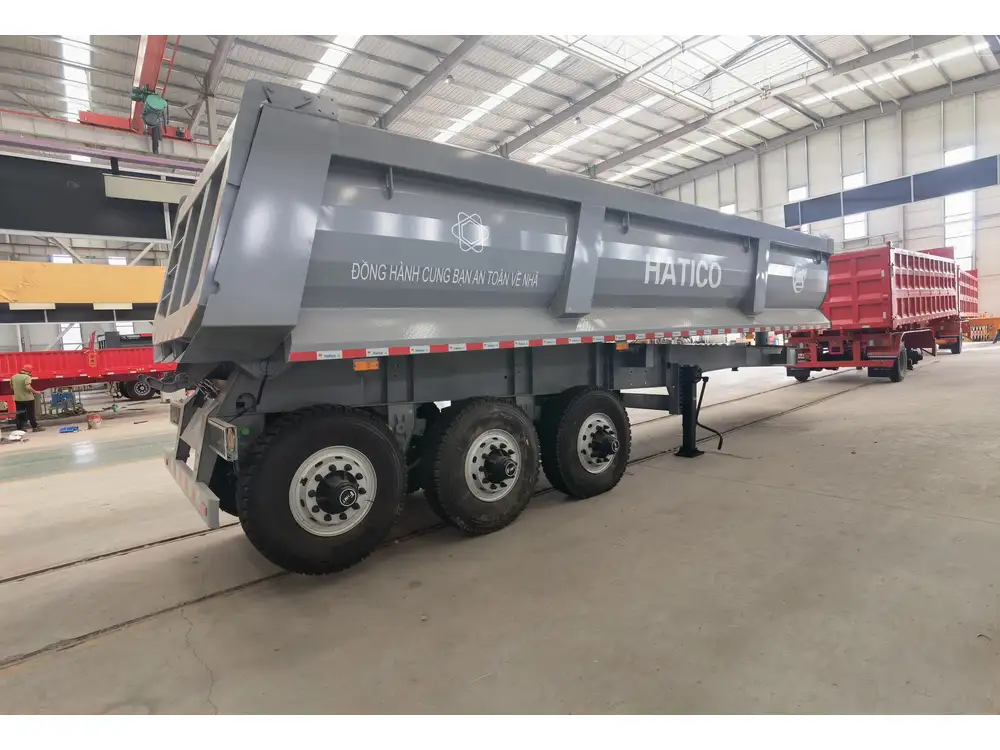When it comes to transporting vehicles, whether for personal use, commercial purposes, or professional operations, a car flatbed trailer stands out as an indispensable asset. With their ability to securely haul vehicles of various sizes and weights, flatbed trailers offer unparalleled convenience and versatility. In this comprehensive guide, we delve into the intricate details of car flatbed trailers, addressing key considerations, benefits, and the factors that can influence your purchasing decision.
What is a Car Flatbed Trailer?
A car flatbed trailer is a specialized vehicle transport option designed for the efficient hauling of cars, trucks, and other vehicles. Unlike traditional enclosed trailers, flatbed trailers consist of a flat deck with no sides or roof, allowing for easy loading and unloading. This design helps minimize the risk of vehicle damage during transportation while providing ample space for various types of vehicles.
Key Features of Car Flatbed Trailers
| Feature | Description |
|---|---|
| Flat Deck | Provides a spacious and stable area for vehicle transport. |
| Heavy-Duty Construction | Built with robust materials to support significant weights. |
| Diverse Load Capacity | Ranges from lightweight cars to heavier trucks and machinery. |
| Adjustable Ramp Options | Offers flexibility during the loading/unloading process. |
| Safety Features | Equipped with secure tie-down points and braking systems. |

Types of Car Flatbed Trailers
Understanding the different types of car flatbed trailers can assist you in making an informed choice, tailored to your specific needs.
1. Open Flatbed Trailers
Open flatbed trailers are the most common type and feature an entirely flat deck with no sides or covering. Ideal for transporting multiple vehicles, they allow for easy access and loading from either side.
- Pros:
- Greater ease of loading and unloading
- Ability to haul larger vehicles
- Cons:
- More susceptible to weather damage
- Increased risk of theft due to lack of coverage
2. Enclosed Flatbed Trailers
Enclosed flatbed trailers combine the benefits of a flatbed with the added security of walls and a roof. While typically more expensive, they protect vehicles from the elements and security threats during transport.
- Pros:
- Enhanced protection against weather and theft
- Allows for transporting valuable or fragile vehicles
- Cons:
- Heavier weight may reduce fuel efficiency
- More complex to load/unload due to limited access points

3. Car Haulers
Designed specifically for transporting multiple vehicles, car haulers feature built-in ramps and adjustable tie-down points. They often come in two variations – tandem axle and single axle.
| Type | Best Use |
|---|---|
| Tandem Axle | Provides more stability and can haul heavier loads. |
| Single Axle | Ideal for lighter loads and easier maneuverability. |
Benefits of Utilizing Car Flatbed Trailers
Car flatbed trailers offer numerous advantages for vehicle transport, making them essential for businesses and individuals alike.
Cost-Effectiveness
Investing in a car flatbed trailer can significantly reduce the costs associated with professional vehicle transport services. By owning your own trailer, you eliminate the need to pay third-party transport companies, providing more control over your transportation logistics.

Enhanced Safety and Security
Most flatbed trailers come equipped with various safety features, including tie-down points, breakaway brakes, and reflective strips. These enhance the overall safety of your transported vehicle, protecting it against movement during transit.
Versatility
Flatbed trailers can accommodate a range of vehicles beyond just cars, including motorcycles, ATVs, and even small machinery. This versatility opens up numerous opportunities for various transport needs, whether for business or recreational purposes.
How to Choose the Right Car Flatbed Trailer
Selecting the right flatbed trailer requires careful consideration of several factors to ensure it aligns with your specific requirements.

1. Weight Capacity
Understanding the maximum weight capacity is paramount. Each trailer comes with a specified weight rating that must not be exceeded during transport. Refer to the manufacturer’s specifications to avoid overload circumstances.
2. Trailer Dimensions
Assessing the size of the vehicles you intend to transport will guide you in choosing an appropriately sized flatbed trailer. Common lengths include 18 feet, 20 feet, and 24 feet, but custom sizes are also available.
| Trailer Length | Ideal Vehicle Size |
|---|---|
| 18 feet | Small cars and motorcycles |
| 20 feet | Mid-size sedans and SUVs |
| 24 feet | Larger trucks and multi-vehicle loads |
3. Construction Material
Look for trailers built from durable materials such as steel or aluminum. Aluminum trailers are lighter and more resistant to corrosion, making them versatile for long-term use. Steel trailers, though heavier, offer enhanced durability.

4. Brake Systems
Evaluating the brake system is crucial for safety. Many modern flatbed trailers include electric brakes, hydraulic brakes, or a combination of both. Ensure the brake system is compatible with your towing vehicle and adheres to safety regulations.
5. Ramps and Load Assistance
Consider the ramp options available with the trailer. Some trailers feature integrated ramps, while others may require external loading equipment. Accessibility is vital, especially when loading low-profile or heavy vehicles.
Maintenance Tips for Car Flatbed Trailers
To prolong the lifespan of your car flatbed trailer, regular maintenance is imperative. Below are vital tips to help you keep your trailer in optimal condition.

1. Regular Inspections
Conduct frequent visual inspections, focusing on the overall integrity of the frame, deck, and tires. Look for signs of rust, wear and tear, or loose connections.
2. Proper Tire Maintenance
Ensure that tires are correctly inflated and exhibit even tread wear. Rotate tires regularly and check for any damage that could compromise safety during transport.
3. Brake System Functionality
Test the brake system routinely, ensuring all components function correctly. A malfunctioning brake system poses significant safety risks, so prioritize this aspect during maintenance checks.

4. Lubrication
Apply appropriate lubricants to moving parts such as couplings, hinges, and jack mechanisms. Proper lubrication reduces friction and prevents premature wear, contributing to smoother operation.
Common Issues with Car Flatbed Trailers and Solutions
Understanding common issues that might arise with car flatbed trailers allows for quick troubleshooting and effective resolutions.
1. Overheating Tires
Problem: Overheating tires often result from excessive weight or prolonged use.
Solution: Monitor load limits and provide breaks during long trips. Ensure proper tire pressure and consider investing in higher performance tires designed for hauling.

2. Inadequate Tie Downs
Problem: Vehicles may shift or come loose during transit due to inadequate tie-downs.
Solution: Utilize multiple tie-down points and opt for quality securing equipment. Consider additional safety systems such as wheel chocks for added security.
3. Frame Damage
Problem: Rough roads or overextended loads can compromise the trailer frame.
Solution: Regular inspections and avoiding overly bumpy routes will help maintain the integrity of the frame. Address any signs of bending or cracks immediately.
Conclusion: Invest in Quality for Reliable Performance
In summary, a car flatbed trailer is a valuable investment for anyone needing reliable vehicle transport capabilities. With various types available, thoughtful consideration of weight capacities, dimensions, materials, and maintenance practices can ensure you select the ideal trailer that meets your needs.
As you venture into the world of car flatbed trailers, remember to analyze your specific requirements, weigh the benefits, and prepare for any challenges that may arise. By doing so, you’ll be well-equipped to make informed choices that enhance your vehicle hauling experience while ensuring safety and efficiency. Investing in a quality trailer ultimately translates to peace of mind and successful transport operations for years to come.



